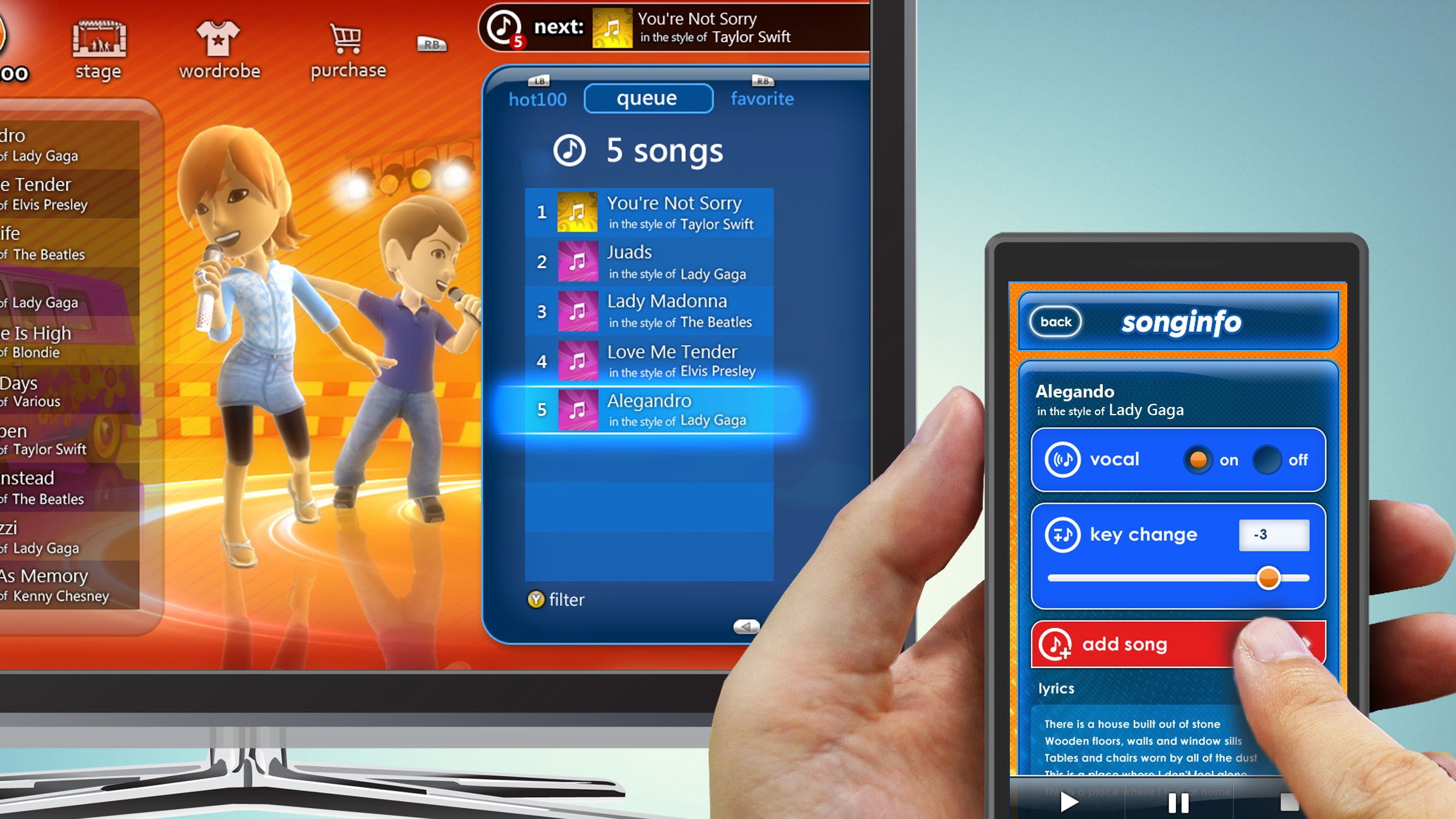SmartGlass: Microsoft's secret weapon in the battle for the living room
Why SmartGlass is Microsoft's killer app

The launch of Microsoft's new Windows 8 operating system was an unprecedented moment for the industry giant.
It is, after all, the first major version of Windows to be built from the ground up with smartphones and tablets in mind rather than being PC-centric.
What's more, it was accompanied by the launch of Microsoft's new Surface tablet, marking a historic new appetite within Redmond to take the fight to Apple on the hardware front.
It also coincided with the quiet release of Microsoft's SmartGlass app. Inevitably the bulk of the media attention has been focused on Windows 8 and its flagship hardware, but SmartGlass is equally as important to the company's plans. This is Microsoft's killer app, and it could be pivotal.
Back in 1980, Bill Gates stated that Microsoft's ultimate goal was "a computer on every desk and in every home". At the time this was considered rather farfetched, but three decades on it almost seems conservative.
Having long since achieved this original ambition, Microsoft started looking for ways to expand its presence in our lives.
Enter, Xbox
There's little doubt that the launch of the original Xbox console back in 2001 was part of a long term strategy to gain a foothold in the living room and help Microsoft become an arbiter of our digital leisure time in the same way it had become an ubiquitous part of our working lives.
Sign up for breaking news, reviews, opinion, top tech deals, and more.
Of course, Microsoft denied this at the time as it sought to gain credibility with the gaming press and establish itself in the market as a pure games company. However, once it launched the Xbox 360 and began to overturn the dominance of the PlayStation brand, the façade started to slip and more and more media services were added to Xbox Live.
Today Microsoft earns more revenue from TV, movies and music on the Xbox 360 than it does from games and there is no longer any ambiguity about the company's intentions. Microsoft wants to own the living room.
However, as this strategy has been unfolding, the ground has been shifting beneath Microsoft's feet. A resurgent Apple charted a different course for digital entertainment with the iPod, iPhone and iPad and in the process opened up a whole new world of computing on the go to ensure we are connected to our media everywhere and always.
Microsoft knows it is lagging behind in the new world of smartphones and tablets, and it's banking on SmartGlass to help it catch up, and ultimately, to lead in the battle for the living room.
The Xbox advantage
The Xbox brand is a key advantage in Microsoft's arsenal. There are 70 million Xbox 360s sitting under televisions across the world, most of which are connected to Xbox Live and able to stream on-demand television, movies, music and of course games to their owners TV screens.
With SmartGlass that same content can now be seamlessly served out to existing tablets and smartphones, including iOS devices. SmartGlass also augments television media with second-screen functionality such as displaying information about the cast in a movie you are watching or allowing you to bet on live sports, but only if you are watching them through your Xbox.
Shortly before the launch of Windows 8 and Surface, Microsoft highlighted the evolution of Xbox from a device to an entertainment service, with Yusuf Mehdi, chief marketing officer for Microsoft's Interactive Entertainment Division confidently stating that "Xbox will be a gateway to the best in movies, TV shows, music, sports, your favourite games and instant access to your friends, wherever you are".
SmartGlass is a key component in this evolution, because it's through SmartGlass that the Xbox is able to become the "gateway" to your media that Mehdi is describing.